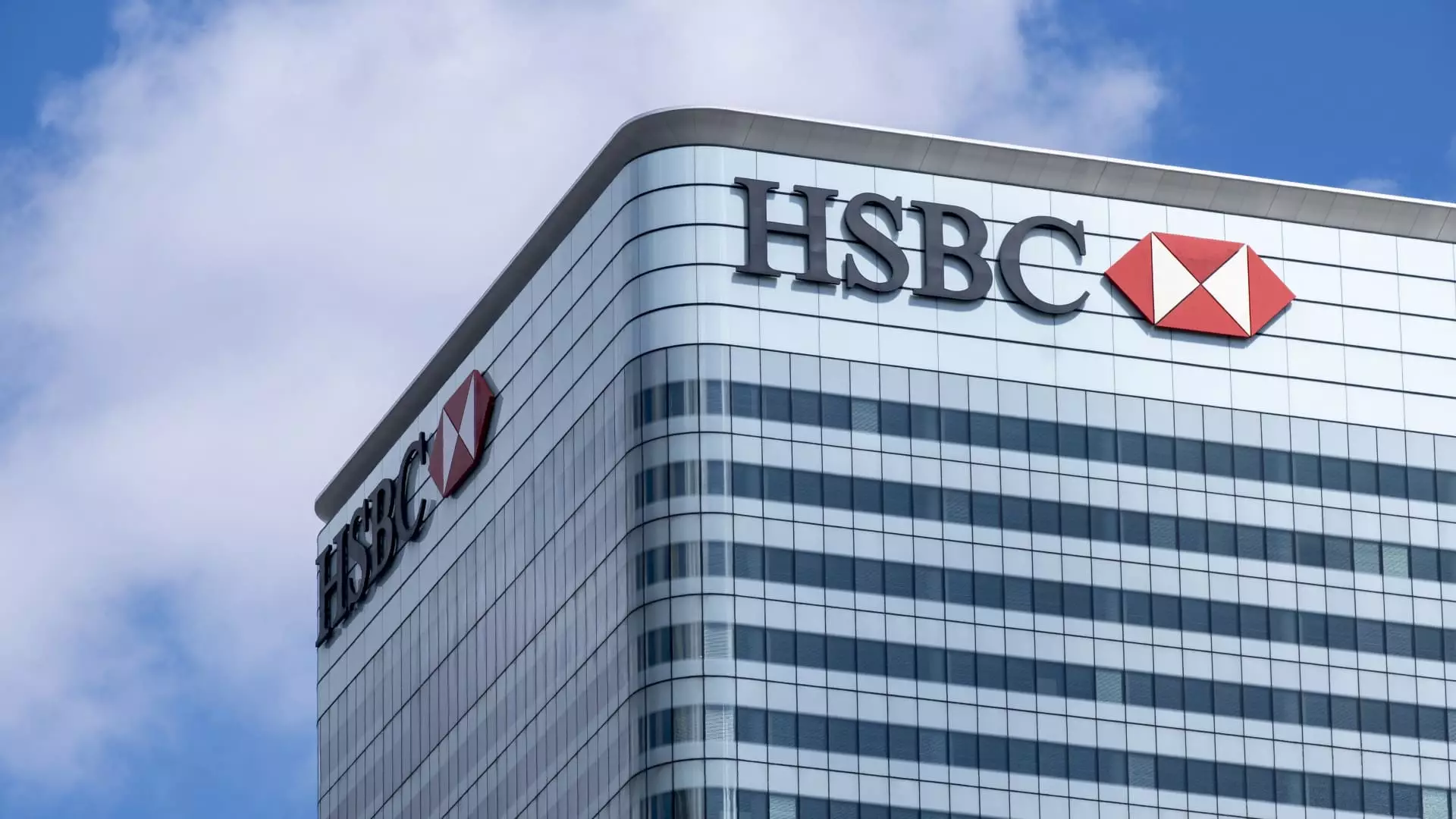HSBC, recognized as Europe’s largest banking institution, recently reported third-quarter earnings that exceeded market expectations. The results showcased robust revenue growth, primarily powered by the bank’s wealth management and personal banking segments. With a pre-tax profit of $8.5 billion—a notable increase of 10% from the $7.71 billion earned during the same period last year—HSBC is demonstrating resilience and adaptability in a competitive financial landscape. Revenue for the quarter also saw an uptick, amounting to $17 billion compared to $16.2 billion from the previous year.
In a move that reflects its confidence in future performance, HSBC announced a share repurchase of up to $3 billion. This plan is part of a broader strategy, as the bank has committed a staggering $9 billion for share buybacks throughout the year. Such initiatives not only signal the bank’s strong financial health but also aim to enhance shareholder value in an uncertain economic environment. By returning capital to investors, HSBC is reinforcing its commitment to maintaining a robust balance sheet while pursuing growth strategies.
In tandem with the share repurchase program, HSBC’s board has approved a third interim dividend of $0.10 per share, demonstrating a balanced approach to rewarding shareholders while also funding growth initiatives. This strategic distribution reflects HSBC’s intention to provide consistent returns, even as it navigates changing market dynamics. The decision echoes the bank’s broader goals of ensuring sustainable profitability and retaining investor confidence amid potential economic volatility.
While HSBC’s earnings picture is largely positive, the bank faces challenges in its lending profitability, indicated by a decrease in the net interest margin, now at 1.46%, down from 1.70% a year prior. This contraction highlights the difficulties brought about by a fluctuating interest rate environment and growing competition among banks. Despite lower margins, HSBC’s earnings per share increased to 34 cents from 29 cents year-over-year, emblematic of its ability to navigate financial headwinds while still delivering value to shareholders.
In a bid to streamline operations and enhance agility, HSBC is undergoing a major restructuring initiative, set to launch in January. The establishment of four distinct business units—Hong Kong, U.K., International Wealth and Premier Banking, Corporate and Institutional Banking—indicates an intention to reduce redundancies in processes and decision-making. The recent appointment of the bank’s first female finance chief reflects an evolving corporate culture aligned with contemporary business practices. HSBC’s CEO, Georges Elhedery, has articulated that these organizational changes are aimed at creating a more dynamic entity capable of responding swiftly to market shifts.
HSBC’s recent third-quarter performance and strategic decisions underscore its commitment to robust growth amidst a complex financial environment. The combination of solid earnings, a focus on shareholder returns, and a proactive restructuring plan positions the bank favorably for the future. Investors and analysts will likely keep a close eye on HSBC’s continued execution of its strategies as it seeks to further strengthen its market position and achieve long-term sustainability.

Leave a Reply